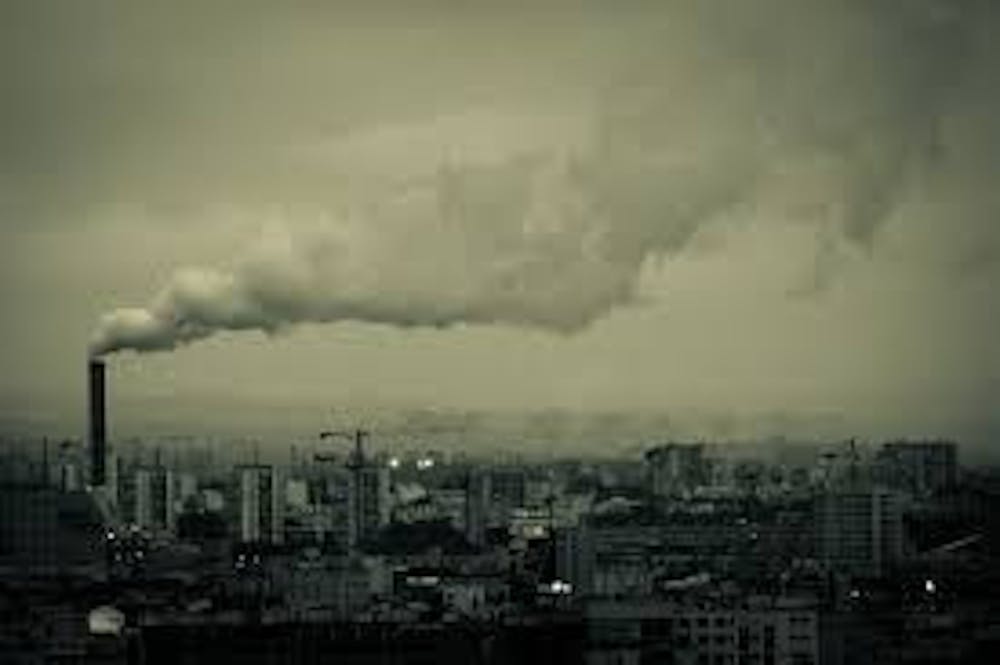
Did you ever have that annoying neighbor growing up? Maybe their dog liked to dig up your lawn, or they liked to play really loud music at night, or throw obnoxious parties. Well, in a lot of ways, the developed countries are like that annoying neighbor to the developing countries when it comes to global warming.
The International Panel on Climate Change (IPCC) has said that global warming is causing all kinds of climate change - from rising sea level to droughts, floods and more severe storms, the climate is out of whack. But do you ever stop and think about where those calamities are taking place?
Most of the developing countries are located in Africa, Asia and Latin America. These places tend to be coastal, along the equator, in arid and semi-arid regions. Not the temperate and seasonal places we usually associate with the developed world.
When consumers in advanced nations continue to use the luxuries and amenities that contribute to global warming, they may be giving the developed world the short end of the stick.
Countries of East Africa can expect to see shorter rains as we release more CO2 into the atmosphere. India, Burma and Bangladesh, guess what we are giving you? Stronger cyclones! (Why aren’t you excited?) Egypt, Libya, and Afghanistan, you guys wanted less rain and more desert, right?
So our little “gifts” make life more difficult for these countries where life is already tough. A changing climate makes crops more difficult to grow and, as a consequence, makes hunger even more common. Some models predict that hunger could increase as much as 10 to 20 percent by 2050!
To sum it up, the world needs to be more conscientious. Humans can’t keep going at the rate of environmental destruction we are going. For every cause there is an effect. Here in Oxford, we may never see these effects, but being “citizens of the world” requires us to recognize that other countries are, indeed, experiencing them.
The world is our neighborhood, and it’s not like we can just up and move anytime soon. So let’s all try to be good neighbors, shall we?
Photo license: Creative Commons
Opinion: Annoying the Neighbors: Global Warming and the Developing Countries

